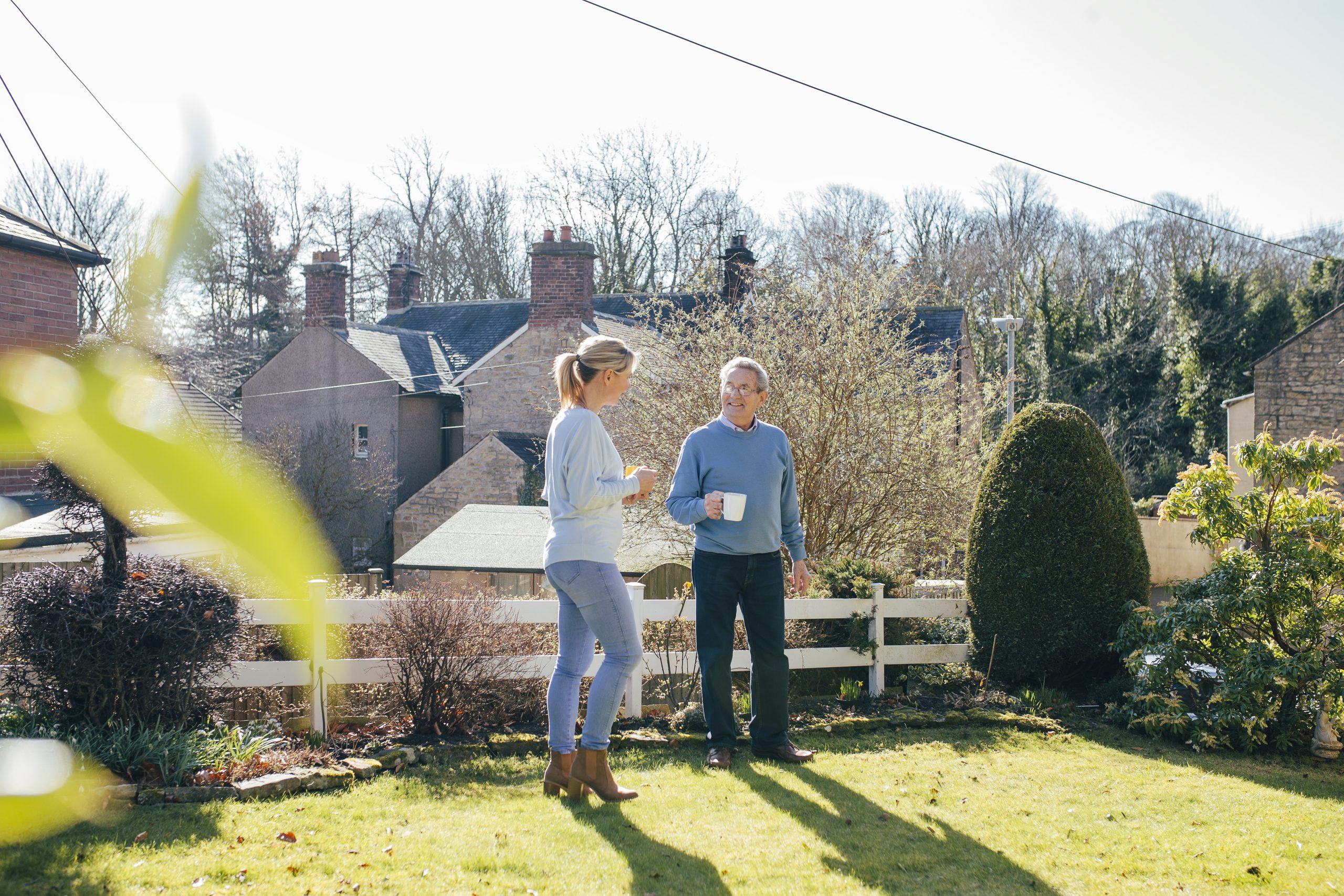Energy Saving Trust manages Ofgem’s Energy Industry Voluntary Redress Scheme. Energy companies in breach of rules can choose to make financial reparation by paying into a funding pot which we then manage. Charities apply to access these funds for projects that support particularly vulnerable consumers.
In 2020-21, Ofgem asked us to ringfence a special Covid-19 Crisis Fund within the Redress scheme and target consumers struggling to pay energy bills during the pandemic. Anthony Kyriakides, head of renewables, said: “We swiftly launched the new crisis fund and distributed £10m to charities so they could provide emergency fuel vouchers, helping vulnerable people keep their homes warm and the lights on.”
Energy Saving Trust also runs loan schemes on behalf of the Scottish Government include the tenant and landlord hardship schemes for tenants struggling to pay the rent and landlords affected by rent arrears. These schemes continued to run in 2021.
How did the pandemic affect the delivery of services and funds at Energy Saving Trust? “We were quick out of the blocks when Covid-19 hit,” says head of service delivery Matt Fraser. “As we took our services online, our priority was to make the customer journey as smooth as possible.”
Service delivery is one of the few departments that takes calls from the public. Says Matt: “A large part of my focus has been on the wellbeing of the team in the face of an uptick in calls from distressed customers. Across the company, support for each other is at new levels, which feeds into better quality support for our customers.”

